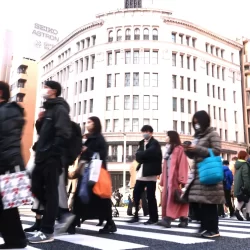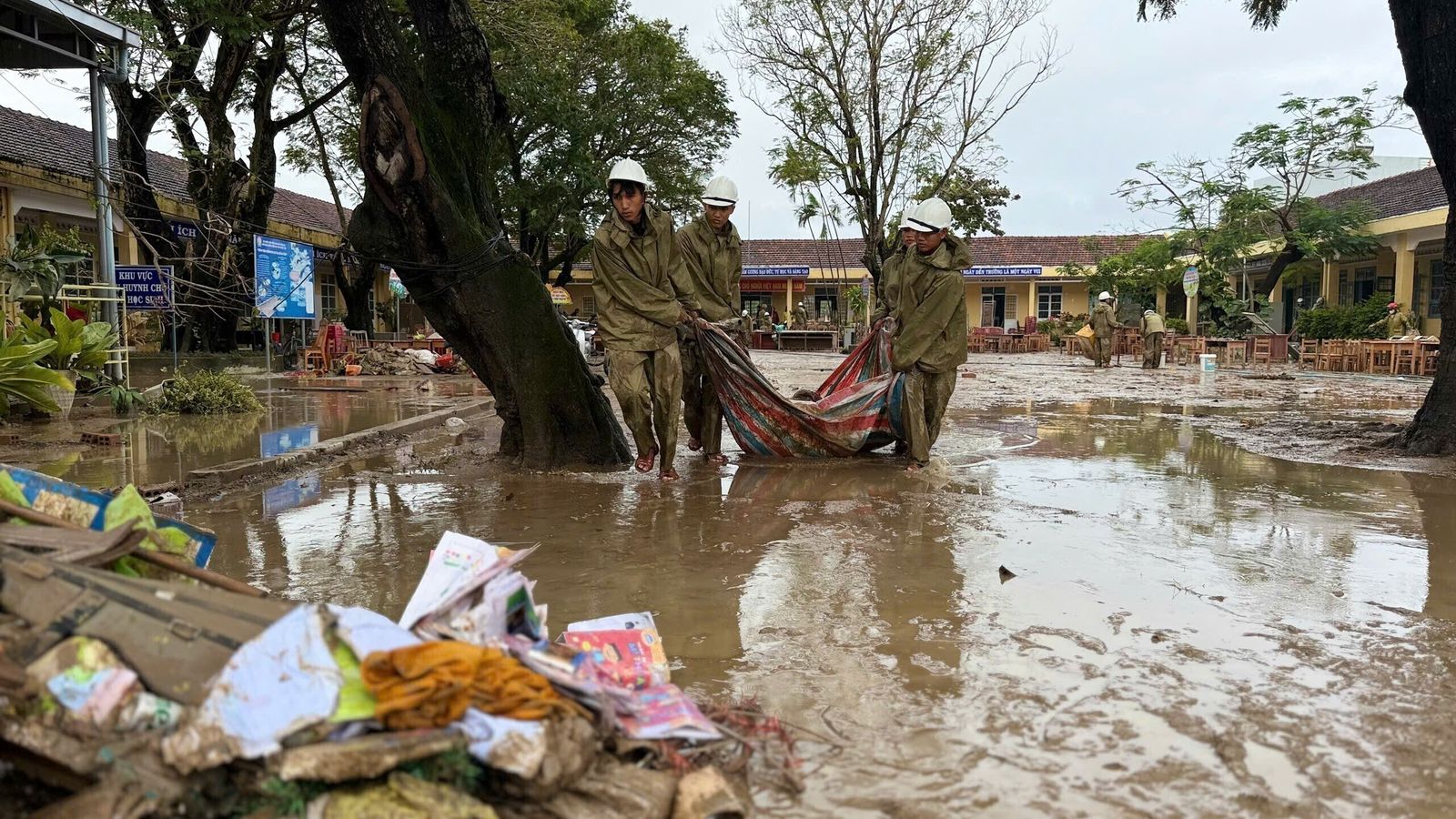Japan to raise age of consent from 13 to 16 in shake-up of sex crime laws
A panel within Japan’s Justice Ministry has proposed an increase in the age of consent from 13 to 16, as part of a broader review of the country’s laws on sex crimes. The move comes in response to public outcry following multiple rape acquittals in 2019.
The proposed changes aim to criminalize the grooming of minors, broaden the definition of rape, and increase the statute of limitations for reporting rape from 10 to 15 years.
Japan currently has the lowest age of consent among developed countries, and even if the law is passed, an exception for sexual activity between those who are at least 13 years old and have an age gap of less than five years will still exist.

The panel has not altered the requirement for rape victims to prove the use of “violence and intimidation” and the inability to resist but has expanded the definition to include factors such as intoxication, drugging, being caught off guard, and psychological control.
The proposed changes are intended to make verdicts more consistent, according to a Justice Ministry official. The government is expected to pass the new laws as early as summer.
What is the age of consent?
The age of consent refers to the minimum age at which an individual is considered legally competent to engage in sexual activity. It is the age at which a person is deemed to have the ability to understand and freely consent to sexual activity.
In most countries, engaging in sexual activity with a person who is below the age of consent is considered a criminal offence, regardless of whether or not the activity was consensual. The age of consent can vary depending on the country or region and is often influenced by cultural, religious, and social factors.
At present, Japan has the lowest age of consent amongst the G7 nations. In Germany and Italy the age is 14, in Greece and France it is 15 and in the UK and many US states it is 16.





